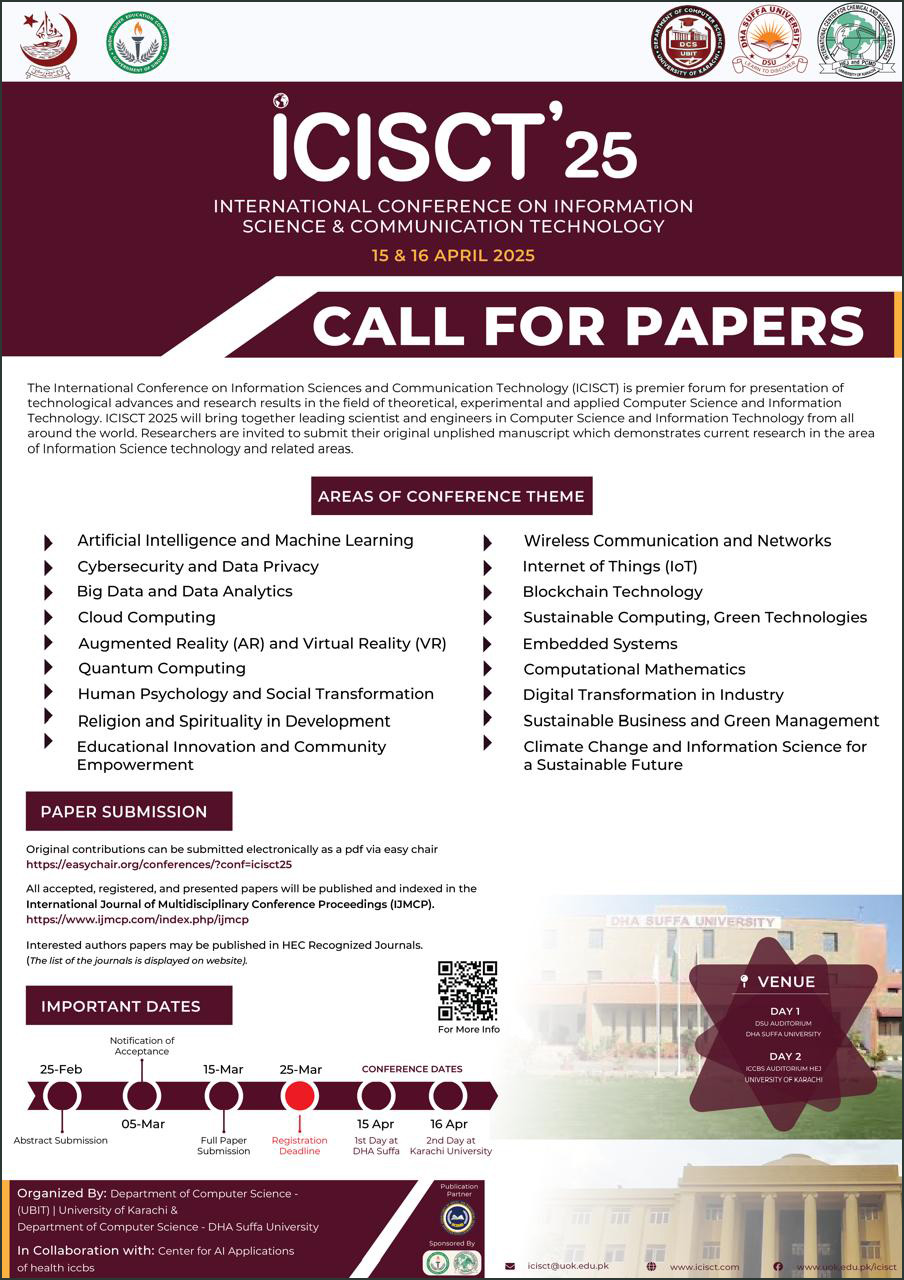The Use and Functions of Bilingual Education and Linguistic Code-mixing in Pakistani Universities: A Qualitative Study
DOI:
https://doi.org/10.61503/cissmp.v3i3.187Keywords:
Bilingual education, Code-mixing, Code-switching, Classroom languageAbstract
The present research study sought to identify the functional implications of bilingual code-mixing in a Pakistani university situated in Gujrat. Based on the narrative method of inquiry, the utilization of bilingualism, particularly in the context of classroom settings, is explored. The results revealed that bilingual codes are used by both teachers and students. Teachers accomplish various instructional strategy-related objectives like making concepts clearer by changing and mixing languages. Classrooms are set up in a linguistic order, mood swings are communicated, and the interaction is either formal or rudimentary. In a similar way, students express themselves in the classroom by speaking two languages, and the university frequently serves as a place of re-socialization. Early bilingual socialization, extensive reading, and language support centers in higher education are crucial for linguistic competency and academic success. With everything taken into account, bilingualism and code-mixing play a utilitarian part in the everyday existence of a university. Furthermore, this bilingual environment encourages inclusivity, helping students from diverse linguistic backgrounds to engage more effectively. It fosters a sense of community and belonging, essential for personal and professional growth within the academic sphere. Additionally, these practices help bridge cultural gaps, promote better communication, and support diverse learning styles, enhancing the overall educational experience for all students.
Downloads
Downloads
Published
Issue
Section
License
Copyright (c) 2024 Tauqeer Ahmed Lak, Nasim Ahmad, Hala Nasim Arshad

This work is licensed under a Creative Commons Attribution-NonCommercial 4.0 International License.
Contemporary Issues in Social Sciences and Management Practices (CISSMP) licenses published works under a Creative Commons Attribution-NonCommercial (CC BY-NC) 4.0 license.









